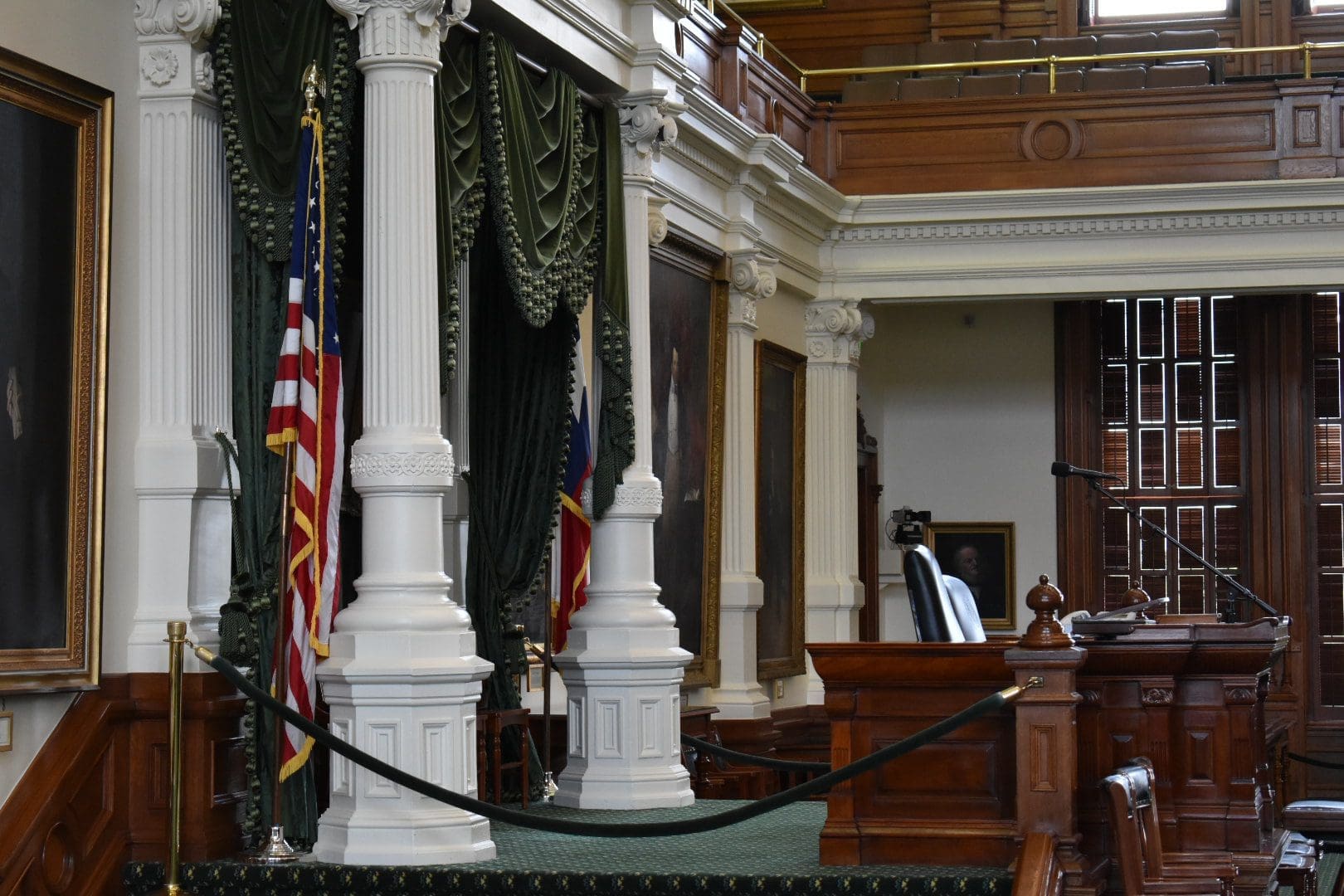The 87th Legislative Session has now concluded, and ultimately, very little was done to protect monuments and markers commemorating the history of the state of Texas.
In the wake of a year marked with protests against law enforcement spawning from the killing of George Floyd in Minnesota and controversy from the last few years between Texans and the General Land Office on the location of the Alamo Cenotaph, it is a wonder why the Legislature chose not to act on either.
The Republican Party of Texas again added monument protection as one of its legislative priorities this cycle. The specific language listed in their platform says:
“All monuments or markers in our state shall be protected by law from being removed, defaced, destroyed, or otherwise dishonored. In particular, specific protection shall be given to the Alamo Cenotaph which shall not be removed from its current location off the Alamo Battlefield footprint.”
None of the Republican leaders in the state seemingly prioritized monument protection, however, despite more than 97 percent of Republican primary voters supporting ballot language describing the complete legal protection of historic landmarks during the 2020 primary elections.
Final Disposition of Legislation on Monument Protection
Of the bills that were filed, only a handful were granted public hearings, and by the end of the legislative session, only one bill had made it across the legislative finish line.
House Bill 3584 by State Rep. Andrew Murr (R–Junction) passed both chambers and is currently awaiting Gov. Greg Abbott’s consideration. This bill explicitly states that any monument, markers, or medallions installed by the Texas Historical Commission are under their jurisdiction and may not be altered, removed, relocated, covered, obscured, or concealed without the expressed consent of the commission itself. It also allows the Texas attorney general to file a suit in a district court to seek civil penalties against any person who violates those rules.
State Rep. Bryan Slaton (R–Royse City) filed a bill that would have protected historic landmarks and monuments from removal, destruction, and desecration. It was never granted a hearing in the House Culture, Recreation and Tourism Committee.
A bill that would have provided for uniformity in law on both the state and local levels by which public monuments and memorials could be removed, relocated, or altered got set on the floor calendar for the overall House of Representatives to consider. The bill ultimately died due to a self-imposed deadline and the House not getting to it in time. It was authored by State Rep. Cole Hefner (R–Mt. Pleasant) and boasted 29 other Republican authors.
There was also a bill that would have increased the criminal penalties for damaging or destroying public monuments, authored by State Rep. Steve Allison (R–San Antonio). It was granted a public hearing in the House Criminal Jurisprudence Committee but ultimately left pending.
State Rep. John Cyrier (R–Lockhart) had a bill that would have required a popular vote for monument removal or creation in a municipality. The bill was heard in the House Culture, Recreation & Tourism Committee but was never voted on.
The Senate was seemingly reluctant to bring up any of the two bills filed in their chamber at all. This included a bill by State Sen. Brandon Creighton (R–Conroe) and the companion bill by State Sen. Dawn Buckingham (R–Lakeway) to the bill that ultimately passed, authored by Murr.
The Alamo
Bills were filed to address protecting the Alamo Complex.
State Rep. Kyle Biedermann (R–Fredericksburg) filed two bills: one related to the Alamo and the other related to the Alamo Cenotaph.
His bill related to the Alamo did pass the House of Representatives after being amended several times. It would have prescribed what the displays and exhibits located on the Alamo Complex focus on. The Senate never considered the bill.
He also had a bill that would have prohibited any attempts to change, destroy, or relocate the Alamo Cenotaph from the Alamo battlefield site. It did this by claiming the land currently located under the Cenotaph as property of the State of Texas under eminent domain authorities. It was never granted a hearing in the House Culture, Recreation and Tourism Committee.
Last year, the Texas Historical Commission did vote against moving the Cenotaph, but in recent years, it has been a focal point of controversy surrounding the disrepair prompted by City of San Antonio officials and a project supported by Texas Land Commissioner George P. Bush to “reimagine the Alamo” in an attempt to move the Cenotaph altogether.
Neither bill made it through the legislative process.
What Happens Now
It seems like deja vu for activists supporting increased monument protection, after efforts were foiled in the 2019 legislative session as well.
With very little to show for the protection of monuments and history in this legislative session, it has left many activists puzzled as to why a Republican-controlled Legislature and state leaders continue to allow the left to rewrite and neglect history.





